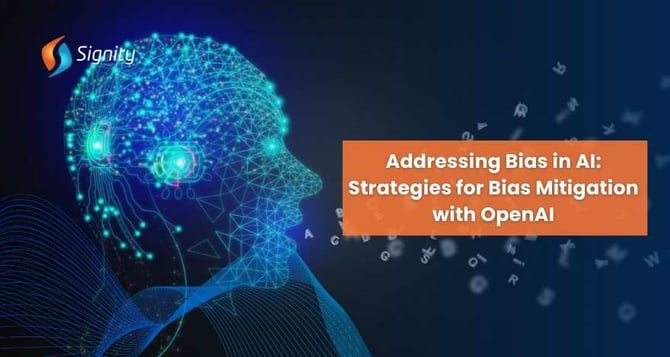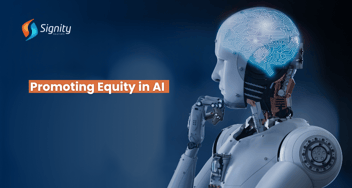Addressing Bias in AI: Strategies for Bias Mitigation with OpenAI
Discover actionable strategies to combat bias in AI with OpenAI. From leveraging diverse training data to implementing fairness-aware algorithms, empower your AI systems for fairness and equity.

Introduction
Artificial Intelligence (AI) holds immense potential to revolutionize industries, streamline decision-making processes, and enrich user experiences. However, the presence of biases within AI systems poses significant challenges, often resulting in unfair or discriminatory outcomes.
OpenAI is dedicated to tackling bias in AI head-on, offering a suite of strategies for effective bias mitigation. In this article, we delve into these strategies and provide insightful code snippets to empower developers to implement them seamlessly.
Understanding Bias in AI
Bias in AI manifests as systematic and unjust discrimination in the predictions or decisions generated by machine learning models. Its sources are multifaceted, stemming from biased training data, algorithmic design, and user interactions.
|
95% of businesses struggle with bias in AI. Tap into our AI Consulting Services to navigate the complexities and ensure fairness in your AI systems. |
Strategies for Bias Mitigation
1. Diverse and Representative Training Data -
Addressing biased training data is paramount. OpenAI advocates for the utilization of diverse and representative datasets to mitigate bias effectively.
|
|
2. Fairness-aware Algorithms -
OpenAI pioneers research in fairness-aware algorithms designed to minimize biases across different demographic groups.
|
|
3. User Interface Design -
Biases can infiltrate AI systems through user interfaces. OpenAI recommends transparent UI designs that allow user feedback to rectify biased outcomes.
|
|
4. External Audits -
Collaboration with external entities and experts is pivotal for conducting audits to identify and address biases in AI systems.
|
|
5. Continuous Monitoring -
Implementing real-time monitoring and evaluation mechanisms is indispensable for detecting and mitigating biases as they emerge.
|
|
Our Contribution
At Generative AI Development Company, we are committed to advancing the cause of bias mitigation in AI. Our team of ChatGPT developers and AI consulting services stands ready to assist you in implementing these strategies effectively. Leveraging cutting-edge techniques and expertise, we ensure that your AI systems are not just technologically advanced but also socially responsible and unbiased. Partner with us to embark on a journey towards fair and equitable AI.
Join the 80% of Companies That Prioritize Fairness in AI.
Partner with us to create AI solutions that are not just technologically advanced but also socially responsible and unbiased, aligning with the growing trend towards fairness in AI adoption.
Conclusion
Addressing bias in AI is paramount to foster fairness and equity. OpenAI's robust strategies for bias mitigation, coupled with the provided code snippets, empower developers to create AI systems that are fair, transparent, and accountable. By adhering to these strategies, significant strides can be made in curbing biases and discrimination in AI applications, thereby fostering a more inclusive and just technological landscape.


%201-1.webp?width=148&height=74&name=our%20work%20(2)%201-1.webp)


.png?width=344&height=101&name=Mask%20group%20(5).png)
















